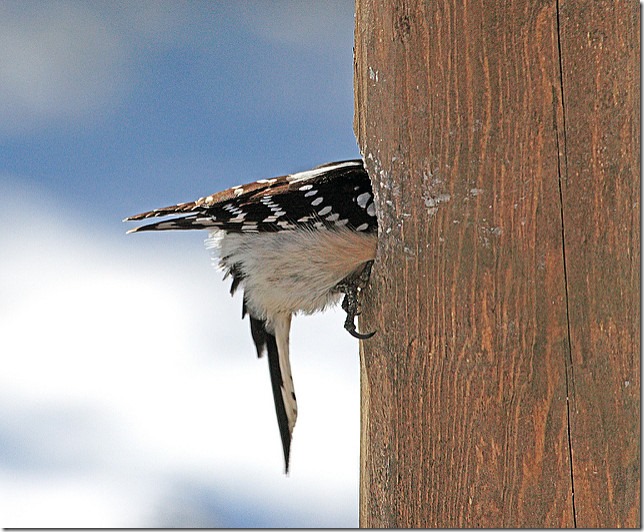
Hedgehog by Jesus Duarte, Attribution-NonCommercial-NoDerivs License
Sometimes we need to qualify what we are saying in order to be accurate. For example we may be reporting an approximation and need to say “approximately”. And sometimes we need to qualify what we are saying, because its truth may not be well established. For example we might say that the results “suggest that…”. But sometimes we are vague because we are unsure of our argument, or have not yet made up our mind. Often in these cases authors are inappropriately vague and this is known as “hedging”. Cautious language can be so over-cautious that it doesn’t really say anything at all. Or the sentence becomes convoluted and unnecessarily wordy. It can be scary to put down on paper what you really think! But in those cases, instead of hedging, work on your argument to ensure it is sound and that you back your claims with evidence.
For more information and examples about hedging, see this post on “Hedging” in Scientific Writing from Barb at the BioMedical Editor website http://www.biomedicaleditor.com/hedging.html









